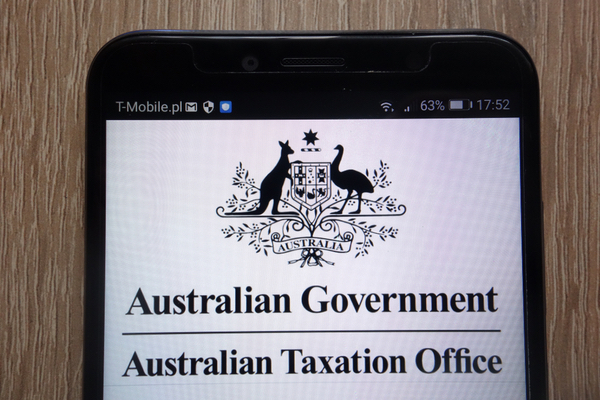Taxpayers may fail to meet their obligations (deliberately or unintentionally) in the areas of registrations, reporting, lodgements, and payment of taxation. The Australian Taxation Office’s (ATO) data matching capabilities have increased significantly over the years. As a result, so has the chance that they will catch people not meeting their obligations.

The most common issue is the understatement of income in tax returns. Income may be understated by excluding the business sales, investment income, disposal of investments or foreign income.
Most people are aware the ATO collects data from employers, banks, share and trust registries and health insurance funds. Following are some additional third-party sources, the information they provide to the ATO, and what the ATO is doing with that information.
- State motor vehicle registering bodies
The ATO receives information about motor vehicles sold, newly registered, or transferred. The ATO particularly look for GST compliance, Fringe Benefits tax compliance and motor vehicles purchased that are not commensurate with income reported. - State Title offices
Property details, transfer price and buyer and seller information on the sales and transfer of real property are provided to the ATO via appropriate channels. The ATO uses this information to ensure compliance with capital gains tax (CGT) and GST compliance. - Online Selling platforms (e.g. eBay, Gumtree)
The ATO reviews the quantity and value of on-line sales to ensure taxpayers are meeting their obligations in the area of GST and ABN registrations, reporting and lodgements, and/or payment of tax liabilities. - Sharing Economy Facilitators (e.g. Uber, Ola, Airbnb)
Information on payments to participants is provided to the ATO to ensure that income is correctly included in income tax returns and that participants are registered for an ABN and GST (where required). - Merchant Facilitators (e.g. banks) and Specialised Payment Systems (e.g. PayPal)
The ATO is provided with electronic payments processed for business, including total debit and credit card payments received by the entity. This information is used to ensure businesses comply with their tax obligations such as lodging their tax returns, reporting their income, and paying their GST and income tax. - Australian Crypto Currency Designated Service Providers
Purchase and sale information is provided to the ATO. The ATO uses this data to confirm that taxpayers are accounting for their crypto currency transactions in their income tax returns. - AUSTRAC and International Treaty partners
The ATO receives information about foreign source income and ensures this has been declared in the taxpayers’ income tax return.
The ATO are putting significant resources into data matching to ensure that everyone is paying their fair share of taxation. Penalties imposed by the ATO can be as high as 75% of the additional tax liability. More than ever it pays to be upfront and honest.
Please contact your local Accru advisor if you have any questions about how this may apply to you.
